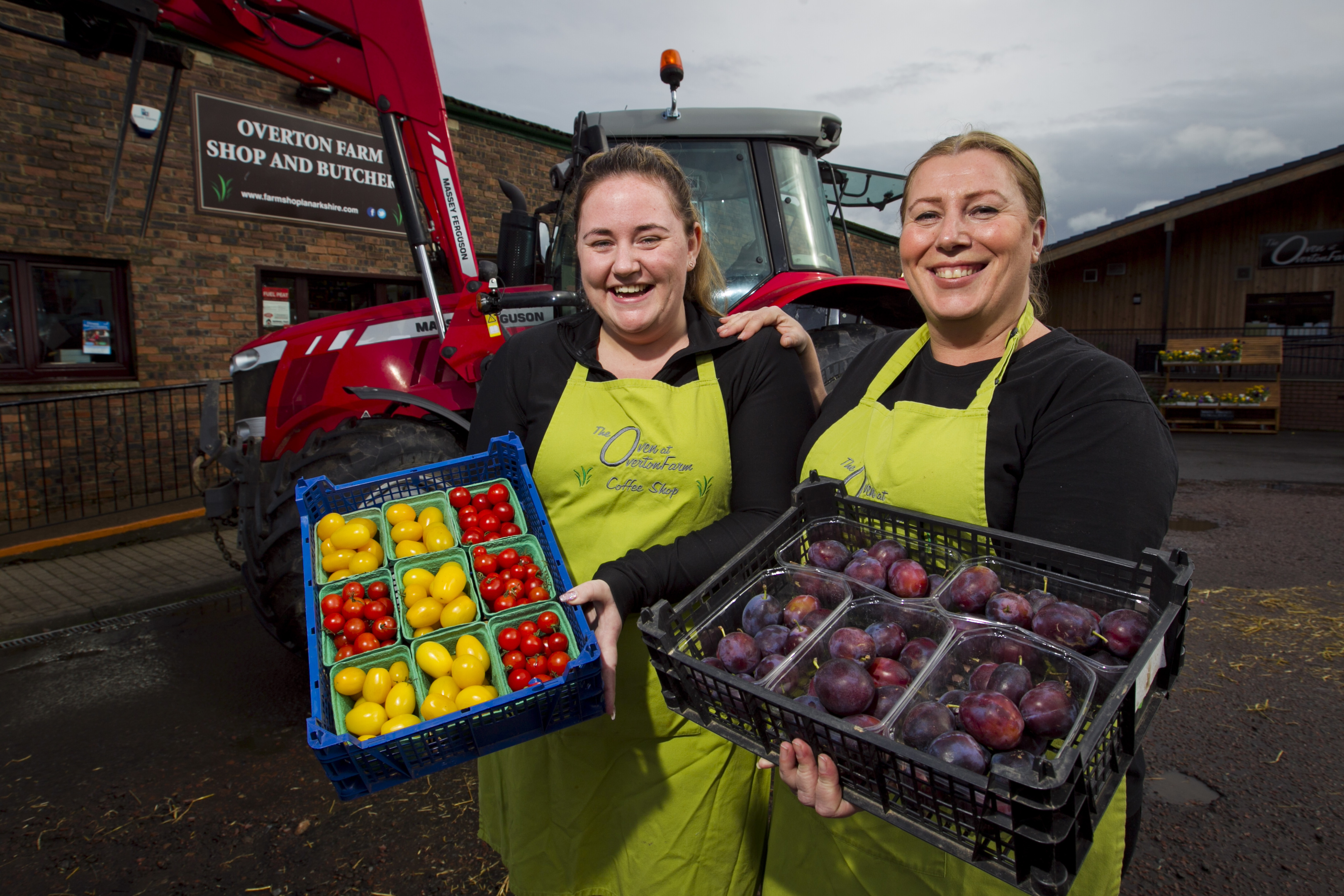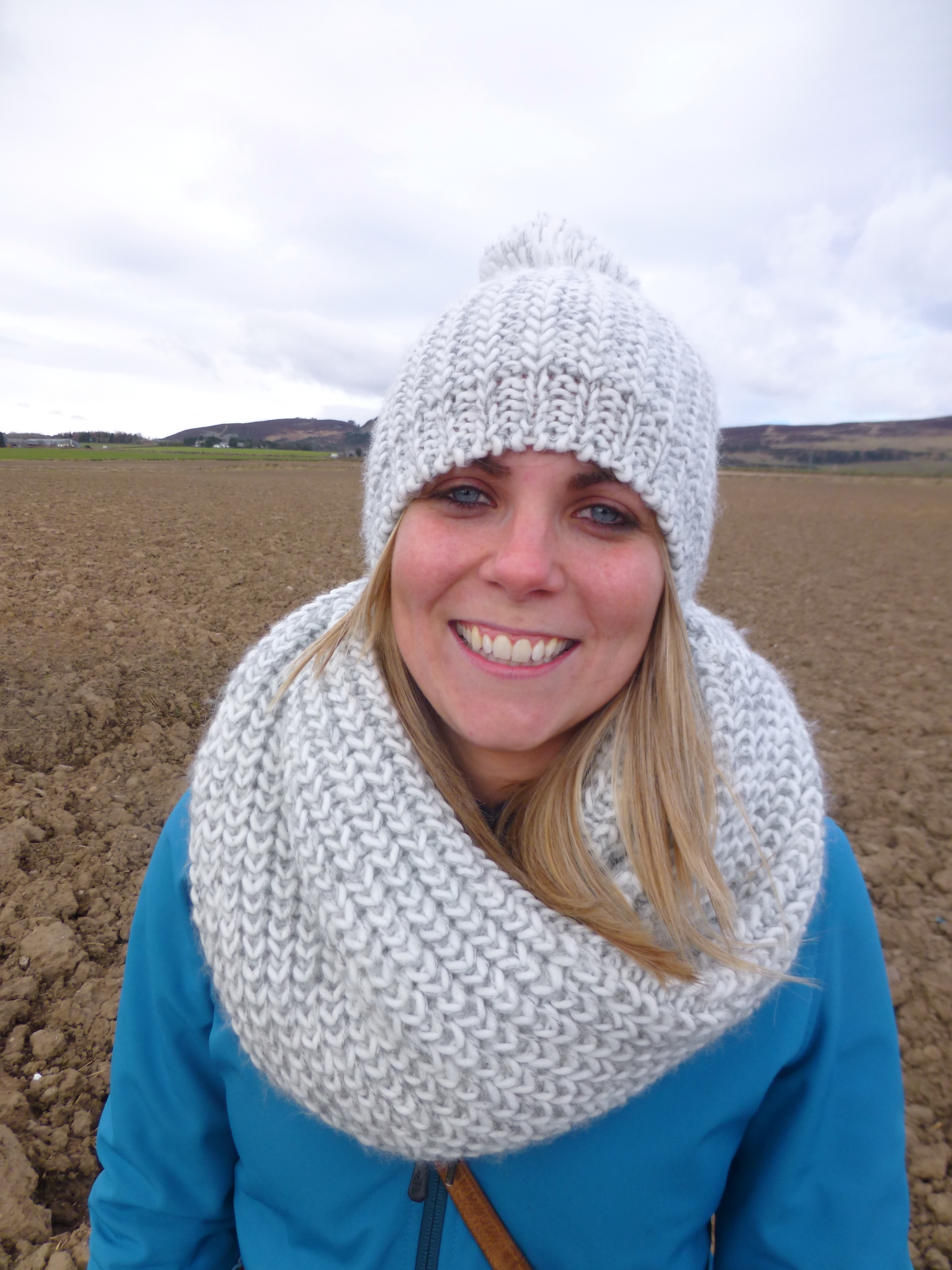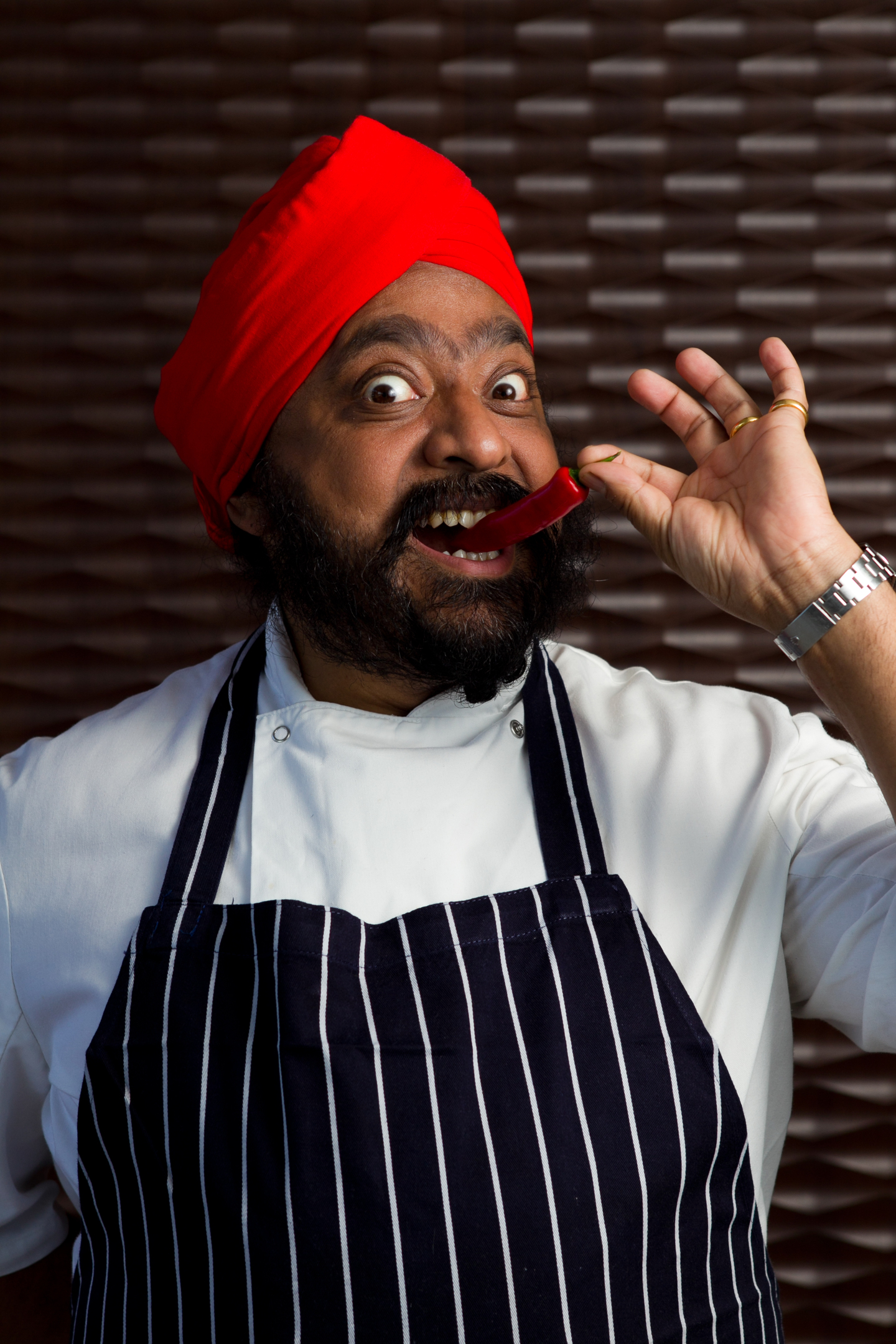
BRITAIN’S farm shops are enjoying an unprecedented boom.
They’ve gone from quaintly expensive or just an honesty box at the end of the farm track to mainstream businesses providing an alternative to supermarket sameness.
Four in 10 shoppers have been to one in the past year with the Guild of Butchers reporting that the shops are now the fastest-growing part of the meat-selling industry.
So what’s behind the boom in farm shops? Four experts give us their take on the rural shopping revolution.
Molly Johnson-Jones is senior food and grocery analyst at Global Data. She says the growing popularity of farm shops is partly down to one-upmanship and wanting to impress friends.
“It’s similar to the growth in sales of craft beers,” she says. “It’s about finding products that are more niche, not mass-produced and then being able to post them on social media and show off a bit!”
Where once we were content to treat ourselves with “extra special” supermarket ranges, now shopping in itself has become a leisure activity.
“It’s being able to say to your friends where you’ve been,” says Molly.
Great, fresh produce, including wonky veg and dirt-encrusted carrots that cost a bit more but are seen as worth the extra, are all part of the experience.
“Very few people do all their grocery shopping in a farm shop,” she adds. “They’re going for the more environmentally-friendly produce and artisan goodies that are harder to find elsewhere.”
And it’s part of the trend towards making our lifestyles healthier and caring about the environment, too.
“There’s growing awareness of food miles – how far something has travelled, how many processes it has gone through before you actually buy it.”
The trend is partly driven by farmers having to think differently, too. “Farming has had to diversify,” adds Molly. “Selling directly to the public is a perfect example of that.”
Claire Pollock is owner of the family-run Ardross Farm Shop, just outside Elie in Fife. She explains her dad almost walked away from farming – but took a chance on a new venture, instead.
“We were fed up of getting a bad deal from supermarkets,” she explains. “We decided to try selling our produce directly to the public.
“On the first day, we took £30. We were ecstatic!”
Claire believes mass-produced food scandals have done farm shops a huge favour.
“Mad cow disease, the horse meat and other scandals have all helped us,” she says.
“They’ve made people more interested in shopping locally.” Claire loves being able to tell customers about unusual tricks of the trade.
“For instance, lots of farmers use chemicals to keep flies away from cows. We discovered flies hate garlic but cows love it. So we put huge tubs of garlic in the fields, the cows lick it and the flies are nowhere to be seen!”
The farm shop is stocked with all manner of tempting goodies but there’s one runaway best-seller.
“Definitely our traditionally-reared beef,” Claire says. “You can taste the difference.”
Don’t just take her word for it. Scottish food guru and TV presenter Stephen Jardine described it as “definitely the best beef I’ve tasted all year.”
Praise indeed.
Supplying to supermarkets with their relentless push on price was a “hard old slog” for farmer John Young.
So, from a shed in the yard of his South Lanarkshire farm he started selling some of the eggs and potatoes they produced.
Now Overton Farm Shop in Crossford has become a booming business.
Sitting in the Clyde Valley, it has become both a daily and weekly shopping essential for locals and a destination for day-trippers looking for some tasty treats.
“We needed to diversify to get by,” admits John, 44, who took over the farm from his dad.
“We sell just about everything people would want, including a full range of fruit and vegetables.
“One of the biggest things are our ranges of old-fashioned potatoes still with the dirt on and ‘dirty’ carrots which have so much more taste.
“We now shift five or six times more of those than ones that have been washed. We’re always trying to grow things for flavour, not shelf life.”
Steak pies and cold and potted meats are among the shop’s range.
A nearby 400-acre dairy farm was bought for extra grazing and the milking parlour taken out. But a revival in milk sales has now seen huge demand.
“The farm shop is such a big deal that people sometimes ask if we still farm, but of course that’s the basis of the whole thing,” says John.
A coffee shop was opened four years ago to cater for visitors and showcase the produce.
“When we opened the farm shop at first people just got a wee bag of this or that,” adds John.
“Now on Fridays, Saturdays and Sundays it’s massive with huge numbers coming in to do a full shop.”
Leading chef Tony Singh believes that farm shops can have their place – but some of them are not up to much.
“They started a revolution in food,” he says. “People were looking to buy fresh, organic food.
“There are still great farm shops diversifying and providing a service and we should support them, but others are just buying products in and ripping off customers.”
Tony believes we all need to be more adventurous when we do our grocery shopping.
“Consumers can be sheep,” he says. “People should investigate great local suppliers and find one that really works for them at a price that suits them, too.
“There are amazing minority shops – Polish, for example. But people don’t go into them, because they haven’t been told about them and they can find them a bit scary. They should speak to people in these shops, ask them what’s good and try something different.”
There are plenty of bargains to be found, he says, even in budget supermarkets.
“You can find lots of seasonal, lovely produce from local suppliers at a great price.”
Farm shopping is partly about finding unusual products that you don’t get elsewhere. Tony believes, though, that you can do that in supermarkets, too.
Tony, who is an ambassador for Lidl, said: “Their Polish and Hungarian ranges are both amazing – full of diverse, interesting products.
“The problem is because people don’t know much about them, they’re wary of trying them.
“But they really are full of hidden gems.”

Enjoy the convenience of having The Sunday Post delivered as a digital ePaper straight to your smartphone, tablet or computer.
Subscribe for only £5.49 a month and enjoy all the benefits of the printed paper as a digital replica.
Subscribe

